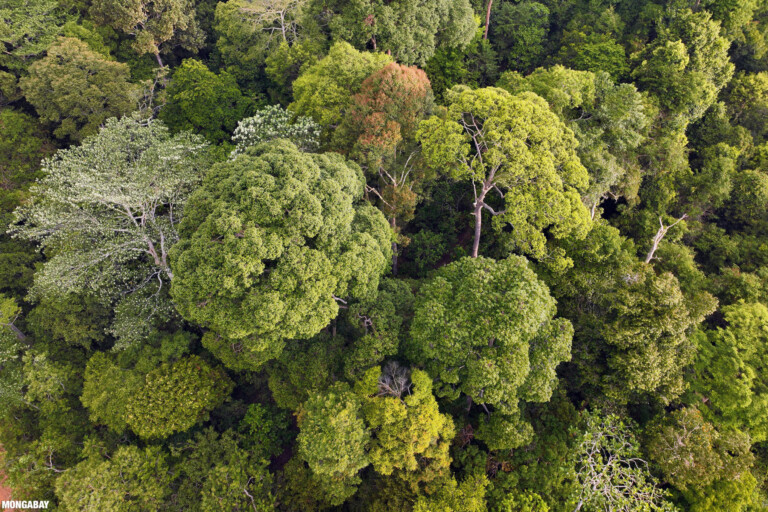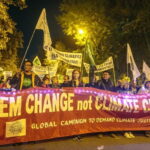Founder’s Briefs: An occasional series where Mongabay founder Rhett Ayers Butler shares analysis, perspectives and story summaries. Natural climate solutions, or NCS, range from reforestation and agroforestry to wetland restoration, and have long been championed as low-cost, high-benefit pathways for reducing greenhouse gases. In theory, they could provide more than a third of the climate mitigation needed by 2030 to stay under 2° Celsius (3.6° Fahrenheit) of warming above pre-industrial levels. But in practice, progress is stalling. A sweeping new study, led by Hilary Brumberg of the University of Colorado Boulder, U.S., reveals why. Drawing on 352 peer-reviewed papers from across 135 countries, researchers cataloged 2,480 documented barriers to implementing NCS. The obstacles aren’t ecological. Rather, they’re human: insufficient funding, patchy information, ineffective policies, and public skepticism. The result is a vast “implementation gap” between what is technically possible and what is politically, economically or socially feasible, the authors write. The analysis found that “lack of funding” was the most commonly cited constraint globally, identified in nearly half of all countries surveyed. Yet it rarely stood alone. Most regions face a tangle of interconnected hurdles. Constraints from different categories often co-occur, compounding difficulties: poor governance erodes trust; disinterest stems from unclear benefits; technical know-how is stymied by bureaucratic confusion. These patterns vary by region and type of intervention. Reforestation projects, for instance, face particularly high scrutiny over equity concerns, especially in the Global South, where land tenure insecurity and historical injustices run deep. Agroforestry and wetland restoration often struggle with…This article was originally published on Mongabay
Search
Recent Research
Want your Blog Article featured on our website?
Research
Featured News
How to Make Your Home More Energy-Efficient in 2026
A practical, future-ready guide for lower bills and a smaller footprint Rising energy prices and
Sustainable Break Rooms: Greening the Office Pantry
Photo by Rodeo Project Management Software on Unsplash A break room may seem like a
Solar-powered AI streetlights to fund coastal highway construction
Nigeria’s long delayed Lagos-Calabar Coastal Highway is set to be rescued by thousands of AI-driven,
Big Data Analytics Enhances Renewable Energy sector
The sun doesn’t send bills, but energy companies using renewable energy do. And to keep
From COP30 to Sri Lanka, indigenous voices shape climate & food sovereignty
COLOMBO — When Indigenous groups converged at the entrance of the U.N. Climate Change Conference
Another threat to reefs: Microplastic chemicals may harm coral reproduction
As the sliver of a new moon shines over Kāneʻohe Bay, Oʻahu, millions of tiny
A Practical Guide to Choosing the Right Organizer Bins Online
Choosing organizer bins sounds simple — until you start comparing sizes, materials, and specs online.
How Lagos traders struggle as styrofoam gradually disappears in markets
Traders have continued to count their losses about five months after the Lagos State Government





